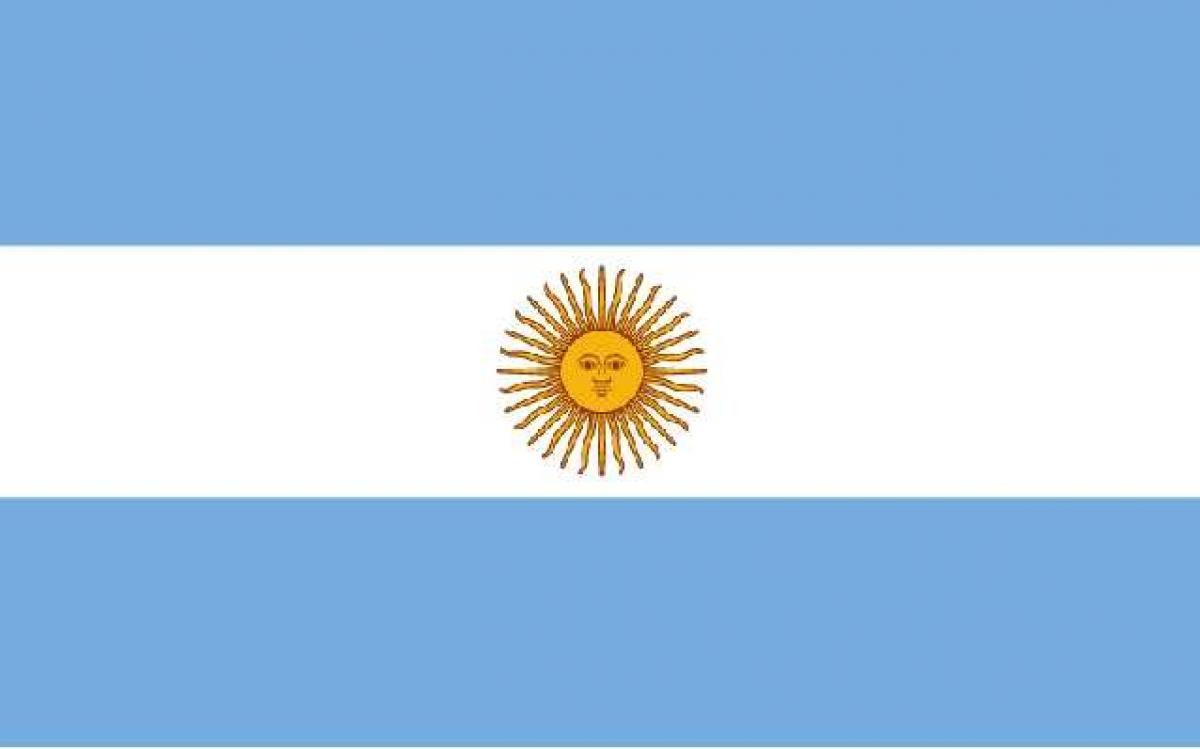The Hon. Thomas Griesa, of the U.S. District Court for the Southern District of New York, has issued an “indicative ruling” in response to a motion by the Republic of Argentina. In laymen’s terms, he has said that he will drop outstanding injunctions against the issuance of new bonds or the servicing of certain “exchange bonds,” if and when Argentina repeals laws that bar its payment on the defaulted debt and if it makes full payment to such bondholders as settle by the end of February, 2016.
Griesa appears to see the recent election of a new President in Argentina as an opportunity to put this matter to bed at last. Mauricio Macri, in contrast to his predecessor Cristina Kirchner, has expressed a desire to settle the long legal battle for the holdout creditors.
There are three problems, though, before anyone can break out the champagne. First, no matter how much Griesa and Macri may come to see eye-to-eye (and that isn’t clear), they can’t force the holdout creditors to settle. The most that the moves under discussion will do is to take away much of NML Capital’s enforcement leverage, allowing Argentina once again to act as a ‘normal’ participant in world investment/debt markets. Yet that is quite a lot.
Second, President Macri’s political party, Propuesta Republicana (PRO), is a minority party in each house of the country’s legislature, and the repeal of the so-called “padlock” is by no means a foregone conclusion. Yet Maria E. Casullo, an Argentine political scientist, opined recently in the comments section of the excellent blog Credit Slips that Macri will probably get the votes for this in time, “because everyone is sick and tired of this issue.”
Third, Griesa doesn’t have the power to lift the injunctions, even if Argentina repeals the padlock tomorrow. The issue is on appeal, so under the Federal Rules for Appellate Procedure 12.1(a) all Griesa can do is to notify the circuit court that “would grant the motion or that the motion raises a substantial issue” that he would like to address, and await a remand. The rule doesn’t impose any deadlines: the appellate judges might well take their time.
Still, the news is that there is movement on this issue.
The History
The history of the dispute is by now by both tangled and storied. In 1994, Argentina started issuing bonds pursuant to a Fiscal Agency Agreement (FAA) with a pari passu clause. Pari passu is Latin for “on an equal footing,” and the FAA said that its bonds would constitute “direct, unconditional, unsecured, and unsubordinated obligations of the Republic and shall at all times rank in pari passu and without any preference among themselves. “
In 2001 the Republic defaulted on those bonds. In subsequent years, it twice invited holders of FAA bonds to accept an exchange of the defaulted-on bonds for new bonds, but at a cost of more than 2/3d the original bonds face value. Roughly 93% of the affected bondholders accepted the exchange.
The debtor nation has since sought to make the payments due on these exchange bonds, while continuing to leave the old unexchanged bonds, those still possessed by the holdouts such as NML, unserviced. Griesa has set himself squarely against that practice, seeing it as a violation of the pari passu clause.
The Second Circuit, and then the U.S. Supreme Court, each left standing Griesa’s injunction against any payments that in any way rank holders of the restructured debt over the holdouts.
So why is the appeal said to be still pending if it has already been addressed and Griesa’s injunction upheld? Because in 2015, two sets of “me too” plaintiffs entered the picture, seeking the same pari passu based judgment that the earlier pioneering holdouts had won. The court granted motions for partial summary judgment to the first set of me-toos in June and to another group in October, in the waning days of the Kirchner era in Argentine politics. So now, with the Indicative Ruling in hand, the parties await remand.
The Rest of the World
Leaving Argentine matters to the side: if, as at least some authoritative sources have indicated through this long fight, the pari passu language used in the FAA followed “standard language included in substantially the same form in numerous credit documents” and if this decision changes how that language has been understood, then the litigation remains of great importance.
Surely it will continue to be the case that from time to time sovereigns will default, and some sort of restructuring will have to occur. What restructuring will be possible, given the extant rulings in this case? That will depend on what happens in what now seems to be the end game of this complicated and very lengthy match in multi-dimensional chess.




